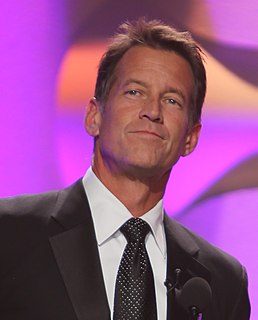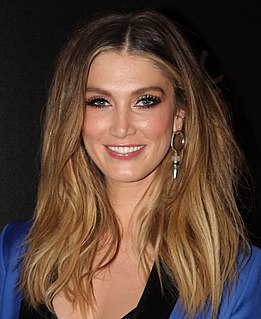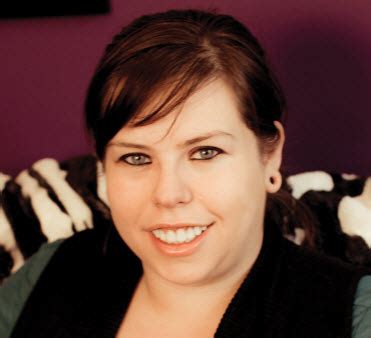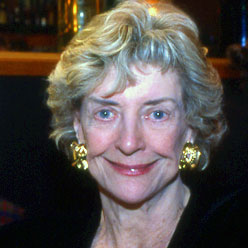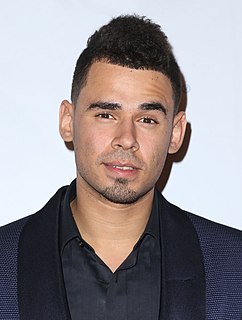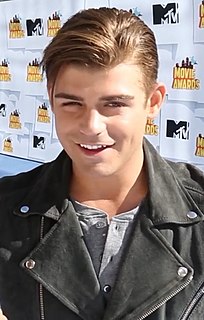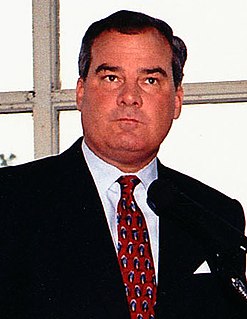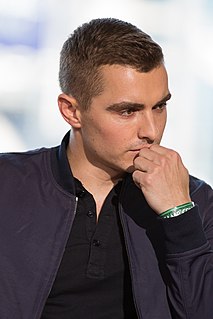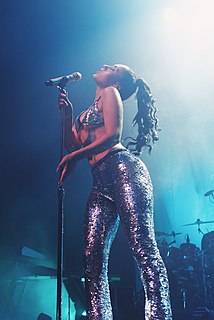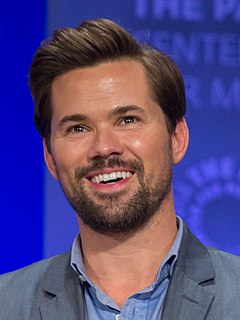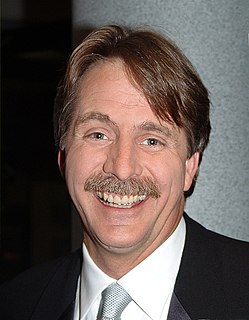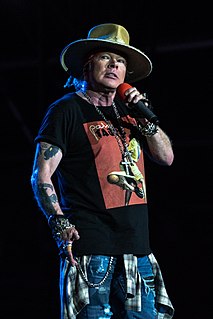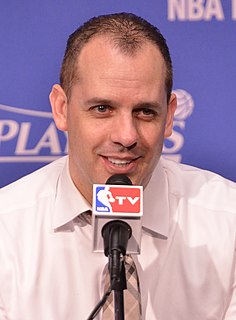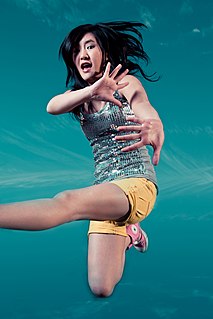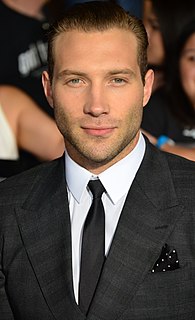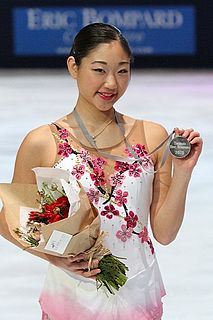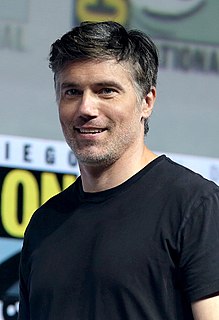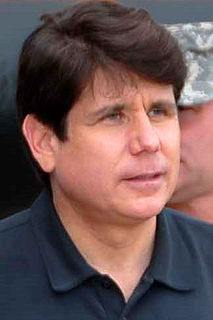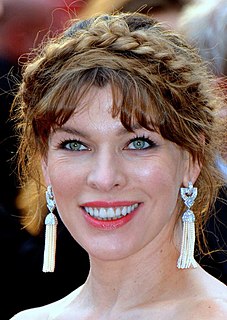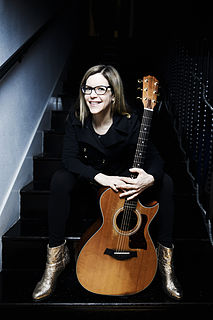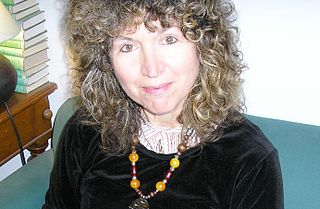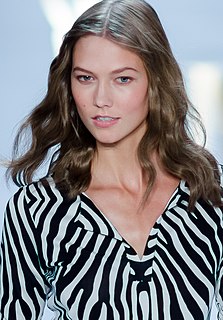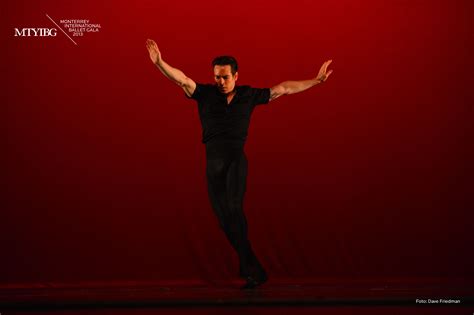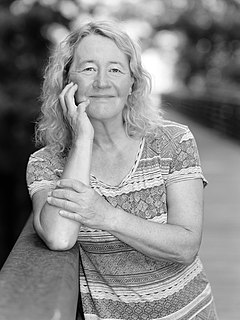Top 1200 Classes In School Quotes & Sayings
Explore popular Classes In School quotes.
Last updated on April 14, 2025.
I was applying to the art school, but there was a checklist that said I had to do either production design or stage management or acting. I thought, "I don't want to be an actor, but I know production and stage management take acting classes" - this is literally my internal monologue. I was like, "Designers don't have to take acting classes. Cool. I'll check that box".
I was in school, but I wasn't into school. I wasn't doing what I wanted to be doing in school, which was film studies. That was what I intended on doing, but I didn't go away to a university because I wanted to stay in L.A. and audition while I took classes, so I elected to go to a community college and just take G.E. courses. It was terrible.
My second year of teaching I was chosen to be a crisis intervention teacher. Our school was a kindergarten through fourth grade school with 1,500 kids, largely recent immigrants from Africa and South America. And it was in one of the poorest zip codes in the country. The classes were too big, the school was underfunded.
If you feel your school is failing you, the question is why. Is it a lack of parental involvement, large classes, school violence, poor learning environment? Are there any standards to determine where problems are? Are there tutoring or mentoring programs? If the school is still failing after 3 years then what are your options?
In my early childhood, I was a performer by nature. I used to do puppet shows as a kid and entertain kids in classes and the teachers would make it a point that I was the entertainer of the class, but only after high school and in college that I started doing theater and acting classes, because I thought it would be fun.
I think about the college graduating classes and high school classes that are coming up now they're in a unique position. I mean they're entering one of the toughest economies of all time. At the same time if they're willing to work really hard the ability they have to learn something much faster than we ever did before is there and it's really a question of are you willing to put in the effort and go that extra mile. Because if you are I think there's actually more opportunities out there.
Emotions are classes in the Earth school. Some classes are about fear, and some are about love. The Universe is your tutor, and your classroom is your life. The main course in the Earth school, Authentic Power, is the same for everyone, but different students need different courses in order to complete it.
In the middle of my second year at school, in 1943, I got drafted into the army, was gone for three years, and when I came back, I tried to get into the painting classes which I wanted, but because of all the returned GIs [the GI Bill], everyone was in school and the classes were all full. So I looked at the catalogue and found that there was a ceramic class offered and that there was space in that. I registered for a ceramic class and some drawing classes.
As a kid, I was fortunate that we grew up near a children's theater, with all different classes and things; so as a kid I took classes there and as I got into high school I did all the community theater stuff. Then I came to college here in New York, going to Marymount Manhattan, and studied acting there. But most of the training I got was from working. Working with really great people.
I did a series of classes in psychology (at the institute), .. The students that came to that class had children. And over a period of a few years, they decided they wanted a nursery school, a play group (to watch over their children while they were studying). So in one of the garages that was near where we were having the classes, we established a play group area and the students volunteered to supervise. That eventually led to building a state-licensed nursery school, which was approved by the California department of social welfare.
I was lucky enough to go to college for four years. At what was supposedly a hippie school with no tests and no grades, blah blah blah, I wasn't learning that. I was taking photography classes. That stuff just wasn't talked about. It was like, "Does this picture have the right about of grey in it?" It wasn't even an art school. It was a state-run school.
I never read in school. I got really bad grades-D's and F's and C's in some classes, and A's and B's in other classes. In the second week of the 11th grade, I just quit. When I was in school, it was really difficult. Almost everything I learned, I had to learn by listening. My report cards always said that I was not living up to my potential.
And as you got older, the training became more developed and precise. We did plays, we had voice classes with great dialect coaches. But I was never into it on a school level; it was this kind of private little thing I did. At school I was a rugby guy. At school I was a rugby guy. I was causing trouble with my mates and skating and tagging buildings, and smoking bongs.
When I went to college, it was so easy. And I worked two jobs while I was in school all the way through; I put myself through school. But working and studying was easy for me because I had worked so hard in high school, studying all the time. Taking only three classes and then working was an easy life in comparison.
At 16, when I was at Henry M. Gunn High School, I had a crush on the English teacher, and my grades improved dramatically. This great school had only 400 students, mostly children of Stanford professors, and it was more usual to have classes under one of the oak trees dotted around the campus than in the classroom.
At 11, I went to Misha's school for two summers. So when I wasn't in that school, I was taking classes at David Howard or Robert Denver's studios - kind of legendary places - and there was one summer where Alexander Godunov sort of took me under his wing; the memory's a little murky, but I felt as if I was his project for those weeks.
In junior high school, I learned that I could be good at school. I remember liking the freedom to choose classes and the pleasure of learning and doing well. My perseverance and love of reading had somehow allowed me to overcome many disadvantages of dyslexia, and I read a lot of books for pleasure.


